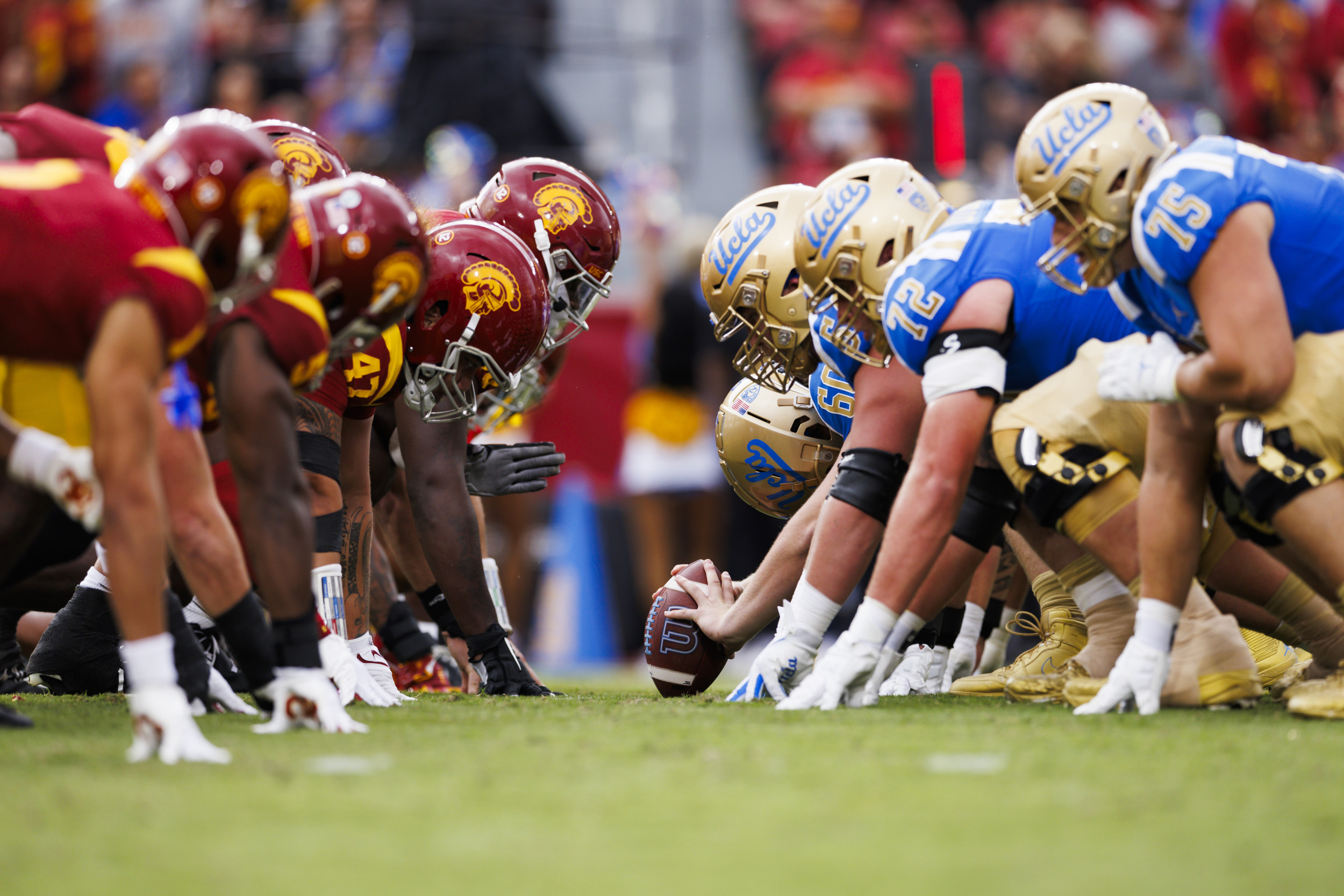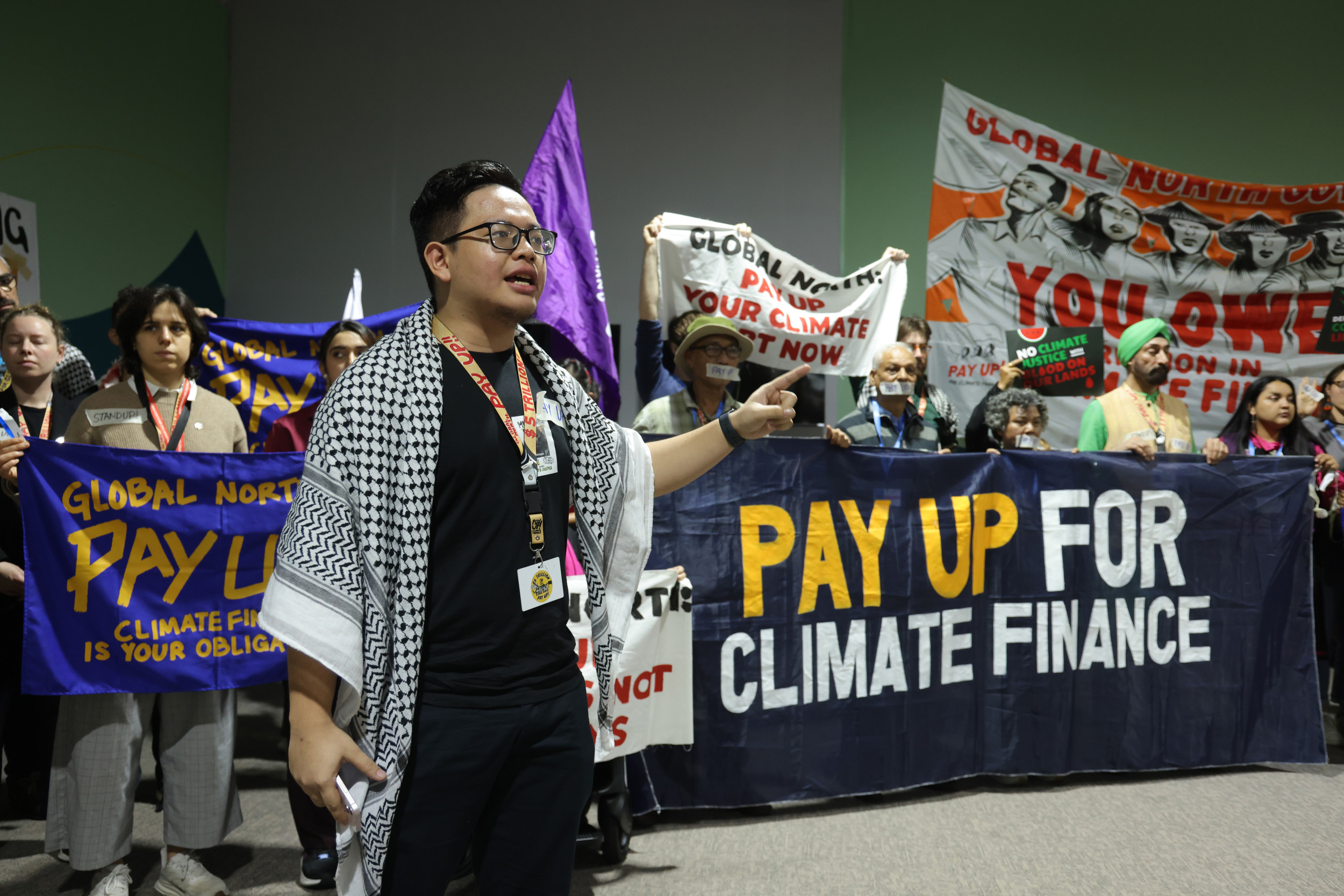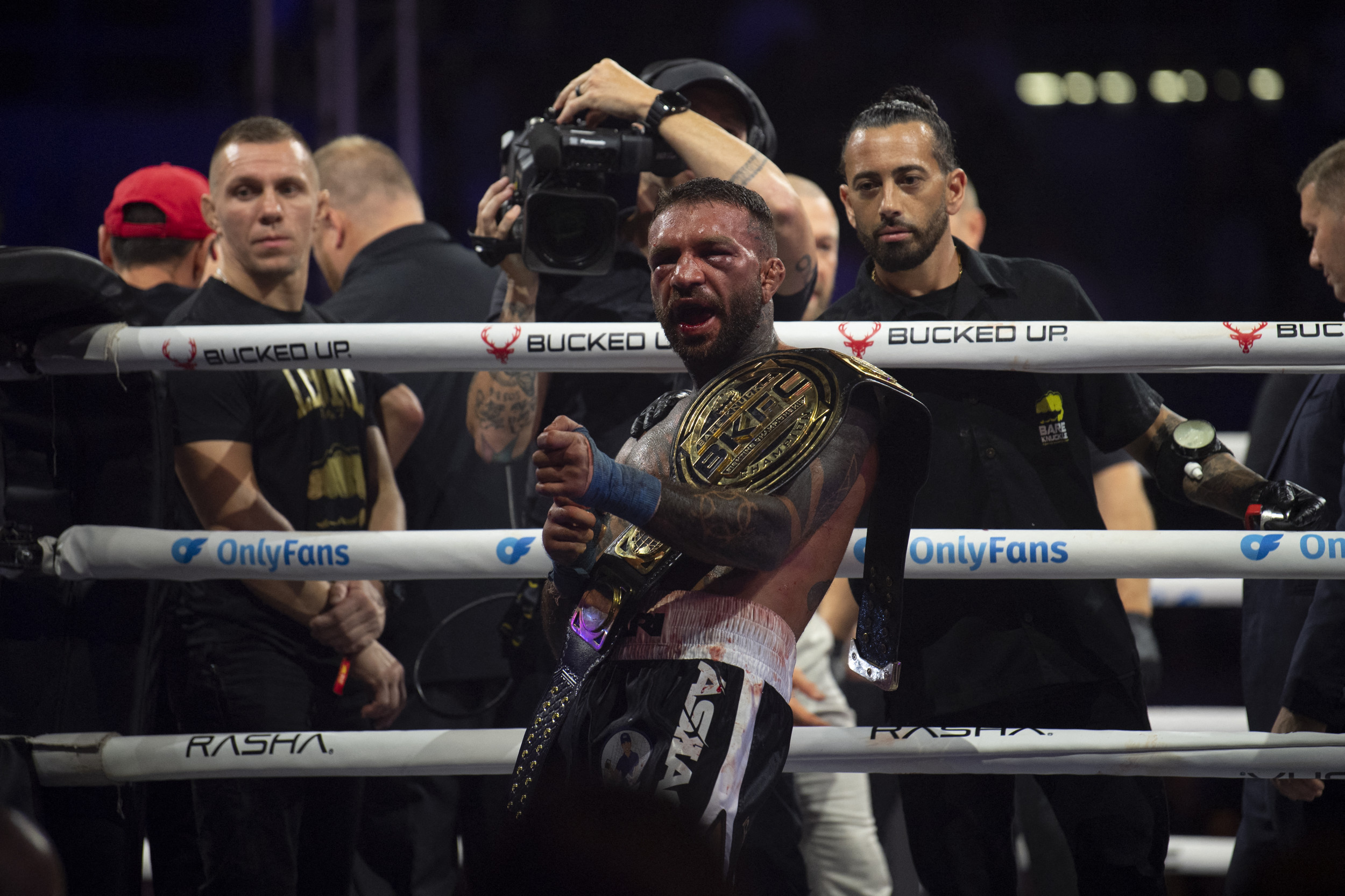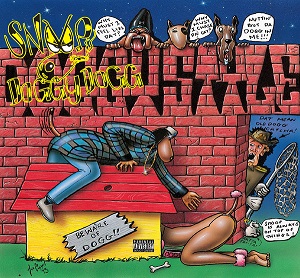Will colleges ever learn? Parents, taxpayers, and students fork over huge sums of money to colleges to prepare young adults for the real world. Students devote four to seven years of their lives to earning degrees that will prove that they're ready for the real world. Yet too many colleges seem devoted, not to shepherding undergrads into full-fledged adulthood, but to transporting them back to preschool.
After President-elect Donald Trump won his second trip to the White House, universities from Oregon to Georgetown broke out the milk and cookies to console heartbroken students. They organized snuggle sessions with therapy animals including dogs, goats, and at least one duck. They offered friendship beads, coloring books, and calming jars. Harvard, Cornell, and other schools cancelled classes so students could engage in "self-care."
If you're snickering, you're not alone. But the way universities infantilize students isn't just ridiculous. It actually contributes to the Gen Z mental health crisis, and the problem stretches far beyond election season.

If universities really want to reduce student anxiety, they should stop telling students that they're fragile. Fragile people don't embrace life like an explorer embarking on a grand journey. They recoil from it, like a turtle hiding from a predator. Fragile people are anxious people, but unfortunately universities often teach students to view themselves that way.
Of course, they don't tell them directly. Universities communicate the idea in ways that are indirect, but powerful. When an election doesn't go their way, administrators create safe spaces and professors cancel classes. The message to students is clear: You're too weak to handle adversity.
And throughout the year, the overprotection continues. Schools enforce many kinds of speech codes, including prohibitions against "misdirected laughter" and "harsh texts or emails." They also shield students from people with opinions that might make them uncomfortable. From Hillary Clinton to Ben Shapiro, universities have canceled hundreds of speakers from across the political spectrum. The message to students is clear: You're too weak to handle certain words and opinions.
Anxiety often snowballs. If we give into it little by little, we start avoiding more and more of life's challenges. The more we give in to fear, the more anxious we become. That's why universities shouldn't enable students to shrink from discomfort.
My new movie, The Coddling of the American Mind shows that we humans aren't fragile. Even saying we're resilient understates our strength because all of us—including undergrads—are antifragile. Some amount of adversity makes us better and stronger. Of course, we shouldn't overdo it—it'd be a bad idea for arachnophobes to jump into a pit of spiders. They should instead confront their fear gradually.
Ancient wisdom and modern psychology agree on the importance of antifragility. It's something we witness all around us.
Doing squats puts stress on our bodies. Weight training may feel uncomfortable, but that stress builds muscle. And if we keep at it, the heavy weight on our back will eventually feel light. The same lesson translates into other aspects of our lives. Nearly everything we're proud of, from starting a business to raising children, involves plenty of stress. Far from crushing us, stress often makes us stronger.
Universities should embrace antifragility. Instead of shielding students from words and opinions, they should foster a culture of debate. Teach students how to construct a persuasive argument. Teach them to react to different opinions, not with fear or rage, but with curiosity. If their interlocutors are right or even partly right, the students should be mature enough to revise their positions. If the interlocutors are wrong, the students will grow more confident in their current positions. Either way, students win.
After they've built up enough experience dealing with disagreement, students won't slip into anxiety when they encounter someone with an opposing point of view. They will know they're antifragile. And when election season returns, they'll know that no matter the outcome, they'll be just fine—even without safe spaces or therapy dogs.
Ted Balaker is the director of The Coddling of the American Mind, a feature documentary available on Prime Video, Apple TV, Google Play, and Substack. The film is based on the bestselling book by Greg Lukianoff and Jonathan Haidt.
The views expressed in this article are the writer's own.




















 English (US) ·
English (US) ·